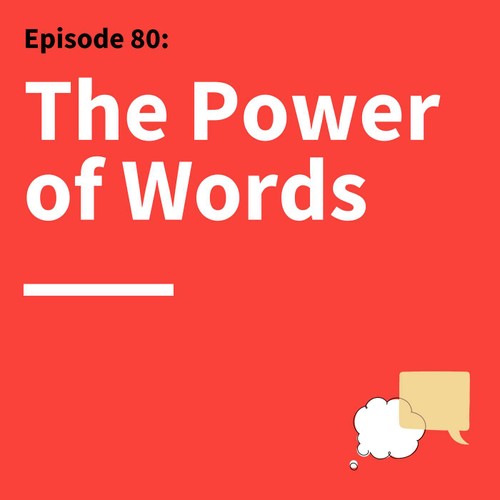
 Think Fast Talk Smart: Communication Techniques
Think Fast Talk Smart: Communication Techniques 80. Magic Words: Change What You Say to Inspire and Influence Others
763 snips
Mar 8, 2023 In this captivating discussion, Jonah Berger, a Wharton professor and bestselling author, delves into the power of language. He reveals how subtle shifts in word choice can transform interactions, whether convincing clients or connecting with friends. Berger introduces the SPEAK framework and emphasizes the importance of asking effective questions. Listeners learn practical tips to enhance engagement and foster curiosity in communication. With insights from his book, Magic Words, Berger demonstrates how specific language can inspire and influence others in meaningful ways.
AI Snips
Chapters
Books
Transcript
Episode notes
Contagious Content
- Craft contagious content by leveraging the power of word-of-mouth.
- Turn customers and colleagues into advocates who will share your message for broader reach and impact.
The Power of Secrecy
- Please Don't Tell, a bar hidden inside a hot dog restaurant, gained popularity through secrecy.
- This made customers feel special, prompting them to share the secret, creating effective word-of-mouth.
Question Power
- Asking for advice can make you appear more competent because it appeals to others' egos.
- Follow-up questions show attentiveness and deepen connections, increasing likeability.










